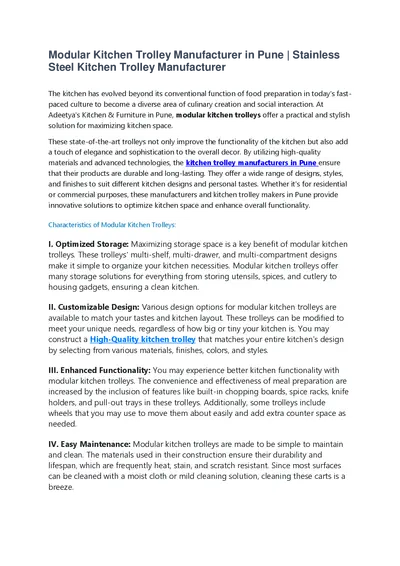PDF-Institute for Healthcare Improvement20 University Road, 7th Floor, Cam
Author : lindy-dunigan | Published Date : 2016-06-30
an introduction to IHI thequality gap Institute for Healthcare Improvement20 University Road 7th Floor Cambridge MA 02138wwwIHIorg an introduction to IHI thequality
Presentation Embed Code
Download Presentation
Download Presentation The PPT/PDF document "Institute for Healthcare Improvement20 U..." is the property of its rightful owner. Permission is granted to download and print the materials on this website for personal, non-commercial use only, and to display it on your personal computer provided you do not modify the materials and that you retain all copyright notices contained in the materials. By downloading content from our website, you accept the terms of this agreement.
Institute for Healthcare Improvement20 University Road, 7th Floor, Cam: Transcript
Download Rules Of Document
"Institute for Healthcare Improvement20 University Road, 7th Floor, Cam"The content belongs to its owner. You may download and print it for personal use, without modification, and keep all copyright notices. By downloading, you agree to these terms.
Related Documents














